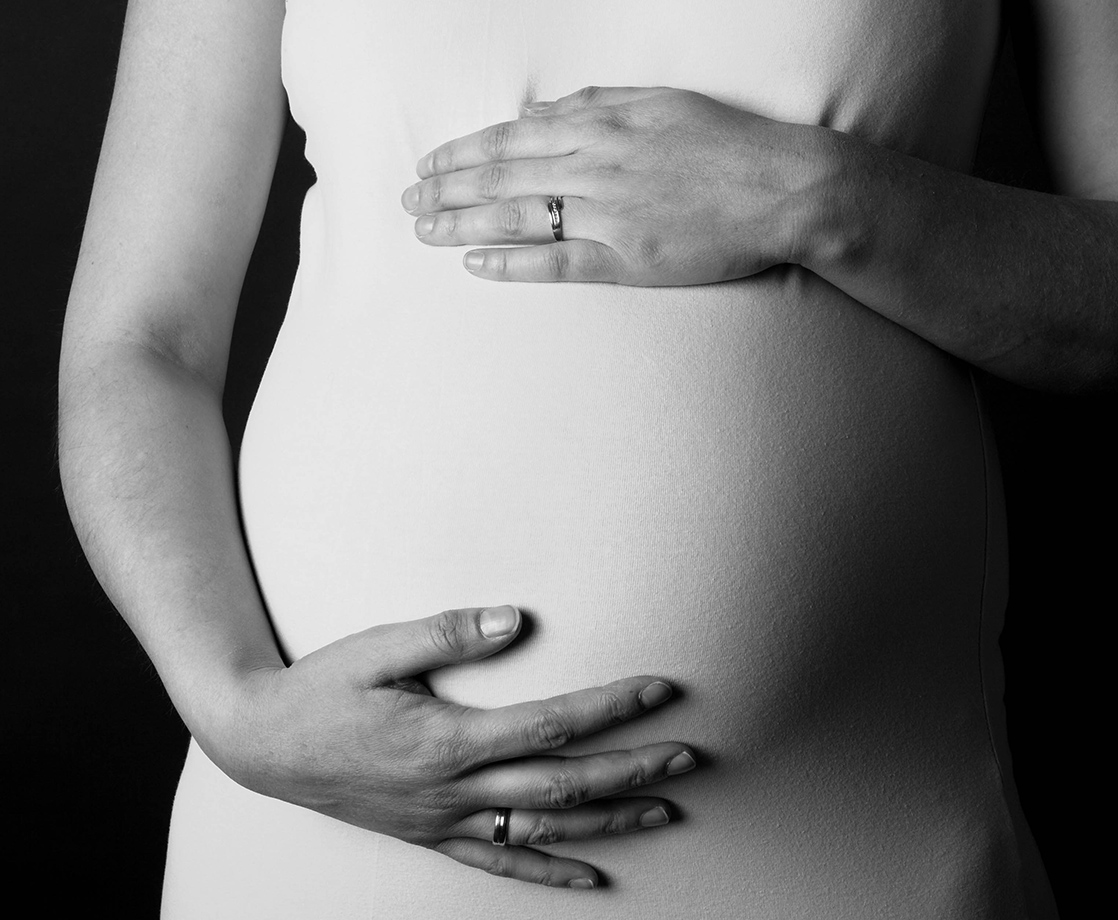Image via
A report from Rutgers University examining cannabis statistics in New Jersey between 2010 and 2019 suggests that the years leading up to cannabis legalization failed to address dramatic racial disparities within the legal and educational system.
New Jersey Governor Phil Murphy signed cannabis legalization into effect in February 2021. The recently-released Rutgers study points to dire reasons for that step towards dismantling a decidedly racially biased marijuana policing system.
Though the overall number of New Jersey’s cannabis-related arrests peaked in 2017, the Black-white racial disparity in cannabis-related arrests is growing in some cases. Black people are four times as likely as whites to be arrested for cannabis possession — this, compared with having been three times more likely back in 2010.
The report showed that Black people are 4.5 times more likely to be arrested for selling weed, a rate that has more or less held constant over the last four years.
These figures are hardly an outlier when it comes to racism within the United States’ Drug War. Nationally, the total number of cannabis arrests tends to drop with legalization, while racial disparities in cannabis arrests grow in prohibition states. But rates of arrest remain dramatically lopsided. In New York, police department data showed that people of color made up 94 percent of all drug-related arrests in 2021. In a 2019 report from Wisconsin, Black residents were arrested 4.3 times more than the general population for cannabis possession.
Institutional racism is also at work within the educational system according to the Rutgers study, which found that Black students were suspended two times more than other students, resulting in them missing double the days of classes. Substance abuse is pegged as the third most prevalent reason for students being suspended from their educational institutions.
“The disparities in exclusionary discipline practices are really important to highlight for students of color,” Rutgers-Newark Department of Urban Education and Joseph C. Cornwall Center for Metropolitan Studies assistant research professor Vandeen Campbell, one of the study’s co-principal investigators, in a press statement. “We don’t know if legalization will be related to these rates in any way — we’ll have to study it — but that is certainly something that needs to be changed and needs to be monitored.”
There is also a vast disparity in cannabis arrests by gender, with men three times more likely to be arrested for possession than women (down from four times more likely in 2010), and approximately 4.5 times as likely to be arrested for selling weed.
The study’s authors say that its findings only underline the necessity for careful monitoring of marijuana’s interaction with individual consumption and state-administered systems.
“In the years to come, it is necessary for the state to do a deeper dive into cannabis usage,” said Menifield. “Cannabis is legal, but we want to make sure that we exercise due diligence in ensuring the safety of residents.’’











